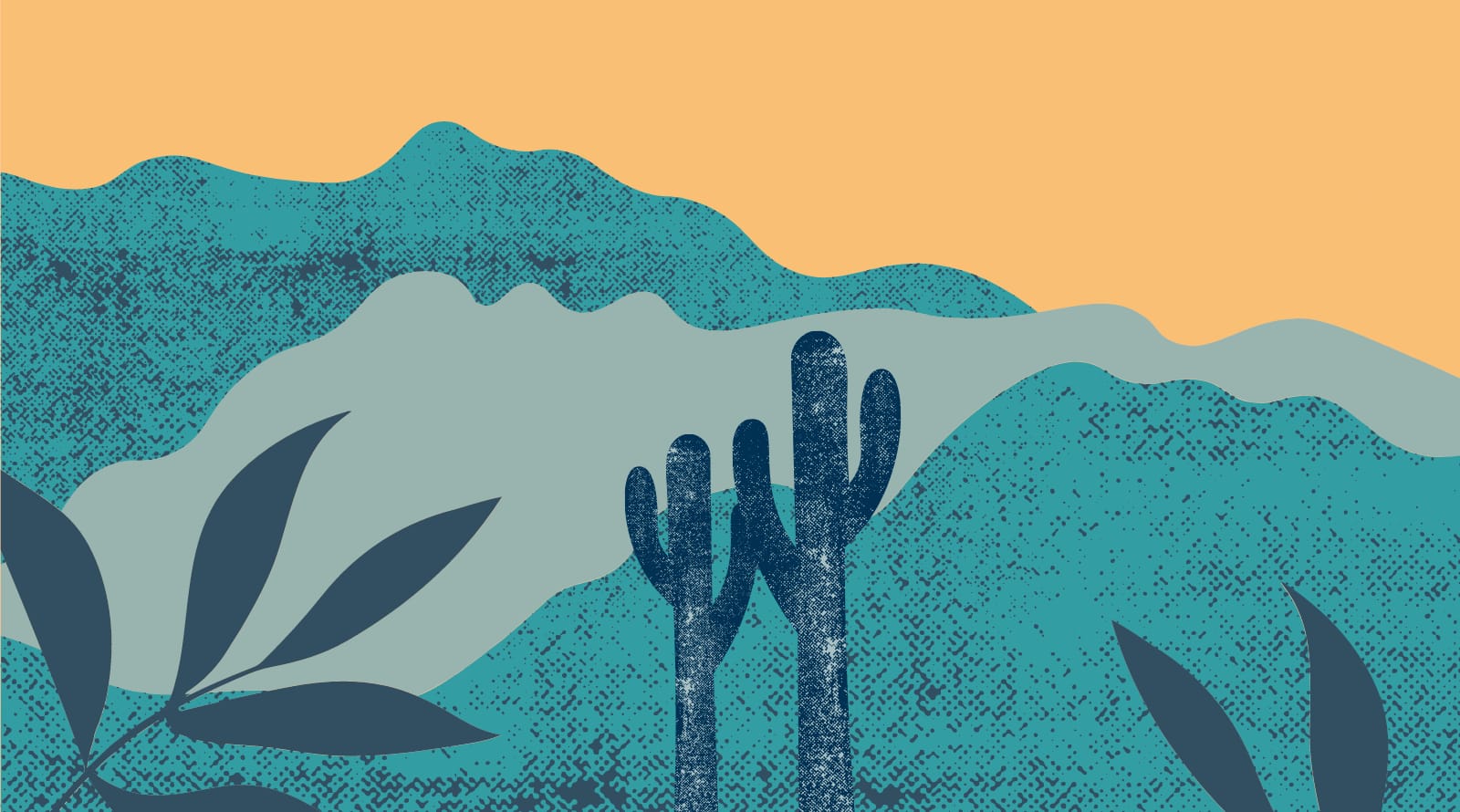By Aznet //
When I was first diagnosed with Bipolar Disorder, I thought that I would be able to get well quickly. However, there is no easy cure or treatment and I kept getting frustrated whenever I relapsed. Instead of being gentle with myself, I stressed myself out more.
I swung cluelessly from mania to depression. It was a vicious cycle and I was stuck in a rut. I hadn’t yet realised I had to take hold of the reins of my recovery journey.
If you have ever staged an intervention for someone, you might realise that it’ll only work with cooperation from the other party. Likewise, recovery from mental health issues and substance abuse is driven by the person in recovery. Medical and other professionals can only help to steer a little or nudge in the right direction.
At the beginning, I experienced all sorts of side effects while doctors titrated my medications, trying to get the right “cocktail”. It was terribly frustrating and I was also building hostility, angst and mistrust. My family and I thus tried to find other treatment services that were affordable, located nearby, and more comfortable. We learned from our many mistakes.
It took about 11 years to sort everything out and give me enough breathing space to work on being stable. On my side, I had a team of people, from the doctors for my physical and mental health, to my counselors, and my family. I credit my family who had to catch up quickly on mental health for my sake.
When I had symptoms of mania, I had delusions of grandeur and no sense of danger; my emotions would flare up disproportionately, and I would get obsessed with new activities, not caring about the costs. I would harm myself physically because my emotions had no other outlet. The list of people I had to apologise to grew longer.
Once, I fell into a depression during which I was not as responsive. Later I found out I had experienced some sort of psychomotor retardation. I had no hand-eye coordination, so I couldn’t perform tasks even if I wanted to, and my cognition was just very hampered. It was like I was floating in some viscous fluid. Everything felt smothered over, so there was no sense of stimulus. I was very relieved when it was over. I think this happened because I had mismanaged my medication, so I learnt a valuable lesson the hard way.
For me, depression physically hurts. It feels like a huge boulder crushing my windpipe. I’m unable to swallow or breathe. At my chest is a deep, throbbing ache and where my heart should be is a gaping, empty hole. Mentally, my mind terrorises me with thoughts of unworthiness, suicide, and shame.
Years passed by as I stayed in my bedroom. I had moved back in with my parents, and my only identity was that of an outpatient at a hospital. I didn’t think of myself as an adult. I truly lost myself. One day, I told my psychiatrist, “I’m broken. I don’t know why but there’s something wrong with me.” I cried in the consultation room.
There comes a point where you either have to ask for help or the pain will end you.
I was warded, and went into two rehabilitation programmes after being discharged. The first was for an employment course, and the second was for emotional support and day activities. For the first time, I met other people, like myself, in different stages of recovery. Known as a peer support programme, it was incredibly healing.
The progress I have made since then has been measured and slow. Bit by bit, short-term goal after short-term goal. Discouraged, then encouraged. I have had productive moments and likewise, unproductive moments, but it all counts. Every day is a battle in some way or other.
The most important thing has been figuring out how to maintain my wellness. Through many relapses, I know now what conditions trigger my symptoms, and I now have so many tools to preempt those situations. I am grateful because I have developed a type of resilience, though I have to be vigilantly self-aware. I have learned to put up boundaries to protect myself and managed to let go of what I had to let go of. I treasure the people and pets around me.
Although it took 11 years to properly begin my recovery journey, and another 5 years to be relatively stable with medicine maintenance, I have strengths I never thought I’d have. I’ve done and accomplished things I never thought I would.
As defined by therapist Dr. Lori Ashcraft: “Recovery is remembering who you are and using your strengths to become all that you were meant to be.” I am proudly still a work in progress and I’m not going to rush it.
Aznet is a volunteer writer with The Tapestry Project SG. She lives blissfully with 2 senior cats and 2 budgies. Her usual narrative for recovery includes a lot of puns, memes about mental health, and all out laughter. Her other article can be found here.

